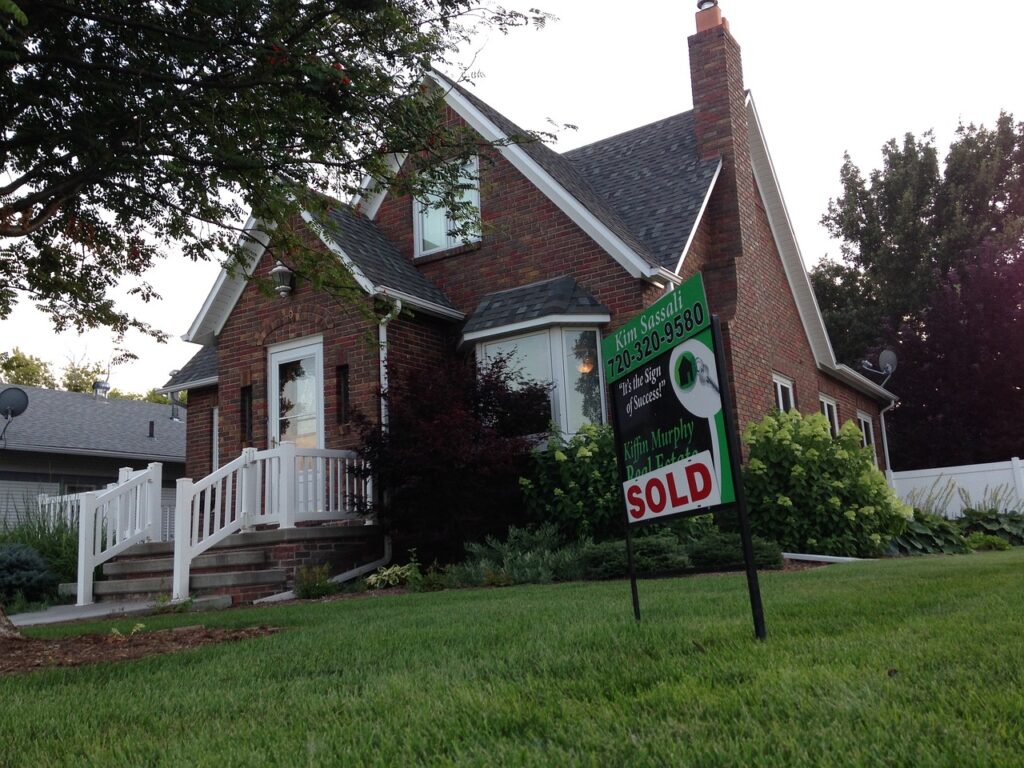
When you’re ready to sell your home, you want to get the most money you can. The real estate market is often competitive and can be challenging for sellers. Here are some tips to help you maximize the return on what is likely to be your biggest investment.
Understand the Current Market Conditions
When you understand the current market conditions, you will have a better idea of how to position your home to sell. This includes a look at the overall economy and whether the market is in a recession or boom. According to US News and World Report, some key indicators to watch include home prices, available inventory, mortgage rates, the volume of home sales, and new construction rates.
Research Comparable Homes in the Area
To price your home competitively, you need to know what similar homes are selling for. Before listing your home, take some time to research comparable homes in your neighborhood. You can find these comps in MLS listings when you search by location and size of home. Many real estate agents will provide a list of comps to win your business.
If you’re selling on your own, other resources are available, such as Realtor.com. You can check property records at the county courthouse for homes that are for sale by the owner if you can’t locate them on Zillow or Trulia. Many of those records are online, but you may need to request the information in person. MLS listings only include properties being sold with a real estate agent.
To determine comparable homes, look at houses that have sold within the past six months or less. They should be located within your neighborhood or no more than a half-mile away. The houses should be within a few hundred square feet of your home’s size and have the same number of bedrooms and bathrooms. The age and condition of the home should also be similar, with all the same nearby amenities, such as shopping, access to public transportation, and schools.
Price Your Home Competitively
Once you have market information and comps in hand, the next step is to price your home to sell. If you set the price too low, you won’t get the maximum amount of return. When the price is too high, it won’t sell quickly. You’ll want to keep the selling price close to what other homes have sold for. In a seller’s market, you can list your home above those selling prices, because buyers are willing to pay extra in a market with low inventory. In a buyer’s market, you may need to settle for a slightly lower price to entice buyers.
If you aren’t sure how to price your home, several online price calculators are available. The Federal Housing Finance Agency offers tools, including a House Price Calculator. Once you list your home, be prepared to drop the price if it doesn’t generate a lot of interest within a reasonable time frame.
Stage Your Home for Maximum Appeal
Once you get buyers to schedule a tour, your home will do the rest of the selling. To appeal to buyers, take the time to stage the house. Staging doesn’t have to be expensive or time-consuming. It starts with clearing out any clutter and packing away personal items, such as photographs and trinkets. You want the potential buyer to visualize themselves in your home.
Here are some tips to make your home appeal to the most buyers:
- Add fresh flowers and plants
- Use candles or deodorizers to create an inviting scent, such as clean linen or lemon
- Paint the walls a neutral color like gray or tan, which add warmth and are often more popular than plain white
- Create definition in each room by furnishing with only one purpose for each space
- Pull back curtains and add lighting to any dark areas
- Remove any extra or oversized furniture
- Place new towels in the bathroom before a showing
When you take the time to implement these few tips, you’ll make a good impression on potential buyers.
Utilize Professional Appraisers and Inspectors
Hiring an appraiser and inspector is an additional expense, but one that is well worth the cost. An appraiser can tell you what your home is worth so you can price it correctly. If you price it for more than it’s worth, it will be difficult to find a buyer. Lenders will usually only provide loans at or below the value of the home, so buyers would find it challenging to come up with the additional funds to buy a home priced above the appraised value.
A home inspector is also a valuable resource. Buyers will probably want to hire their own inspector when they make an offer on your home. However, you can prevent unexpected and expensive surprises if you have already had an inspector look at the property. They will uncover any hidden issues that need to be taken care of to sell the home, such as not meeting codes. If you choose not to spend the money to make needed repairs, you will need to reduce the list price to account for this expense to the buyer.
Negotiate Effectively with Buyers
Once you have an offer, your next step is to negotiate a price that both you and the buyer can live with. Lowering your selling price is one option. You can also offer to pay the buyer’s closing costs or add other amenities, such as extra appliances or furniture, to avoid lowering the price too much. You will likely only have one opportunity to make a counteroffer before the buyer walks away. Make it your best offer to get them to commit.
Selling a home can be a complicated and lengthy process. Take the time to understand the market, price your home to sell, and negotiate effectively to maximize your return on investment.


